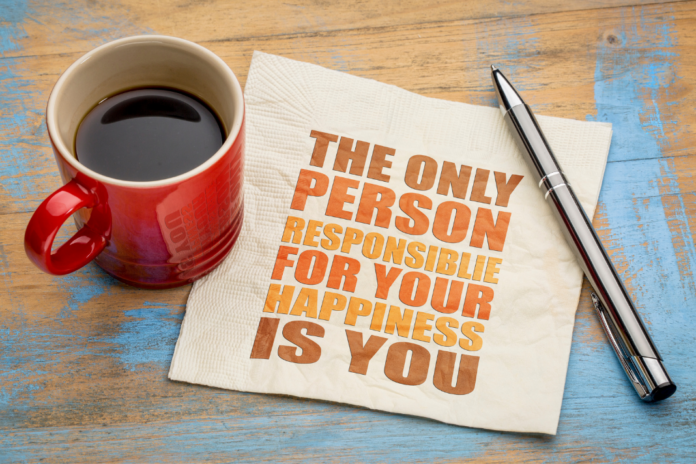What do you want from your relationships with the people in your life? Do you want to be taken care of, or do you want to have a voice and decide for yourself?
Most of us would say that we ultimately prefer the latter. But when it comes down to it, many of us give up our boundaries because they are too much work!
If you find yourself feeling like people are taking advantage of your time, energy and resources all the time, it’s likely that they’re not doing so because they’re bad people.
More than likely they just don’t know how to take personal responsibility for their behavior.
Boundaries can be a powerful tool in helping others understand what is acceptable or unacceptable.
You’re working hard, taking care of your family and friends, but you can’t seem to get ahead.
Why? Because everyone around you seems to use this time as an excuse to take liberties with their boundaries with little consequence.
This post will teach you why setting clear boundaries can help both yourself and those around you by teaching people what they need in order to respect your personal space and work ethic.
Setting boundaries with others will give them the opportunity to grow and learn how to take responsibility for their own actions
Setting boundaries is one of the best ways to teach others how to take responsibility for their actions, as it’s a way of communicating your needs and desires, as well as establishing how you want to be treated by those around you.
In order to set boundaries, the first step is identifying what you need from the person who is trying to take something from you (whether it be time, space, money, etc.).
What are your values and do they align with what you want in your relationships?
The second step, communicating these needs clearly – which behaviors are unacceptable and that they know what they’re getting into before agreeing on a boundary together.
You might say something like “I’m happy to proofread all my work,” or “Do I have your permission to send you whatever I write?”
The third and final step is to enforce the boundary. If they aren’t willing to respect what you need from them, it’s up to you to enforce your boundary.
This doesn’t mean that you have to be cold, but it means you might have to state where you’re drawing the line and inform them of the consequences for crossing that line.
The consequences will depend on the boundaries that you’ve set but we’ve covered what those are in another blog post. Click here to read.
Boundaries lead to accountability and self-reliance
I know you’re busy. You probably have a long to-do list and are juggling a lot at work, home, or both.
It’s hard to take care of everything in life when there are so many demands needing your time and attention.
But if you focus on setting boundaries for yourself—whether that means working only 8 hours per day or making sure you spend enough time with your family before jumping back into the office—you’ll actually be more productive because you won’t feel overwhelmed or exhausted all the time. Plus, not having as much stress will lead to better health!
Conclusion:
Setting boundaries with others is an important step in building healthy relationships.
When you set a boundary, you’re inviting someone else into your life as an equal partner in this process of growth.
Boundaries give people room to experience consequences for their actions so they can become accountable and self-reliant over time.
How do you make those around you more responsible? What are some ways you’ve found success setting personal limits?
Let us know what kinds of boundaries have been helpful in making others more accountable and self-reliant! We would love to hear from you!





